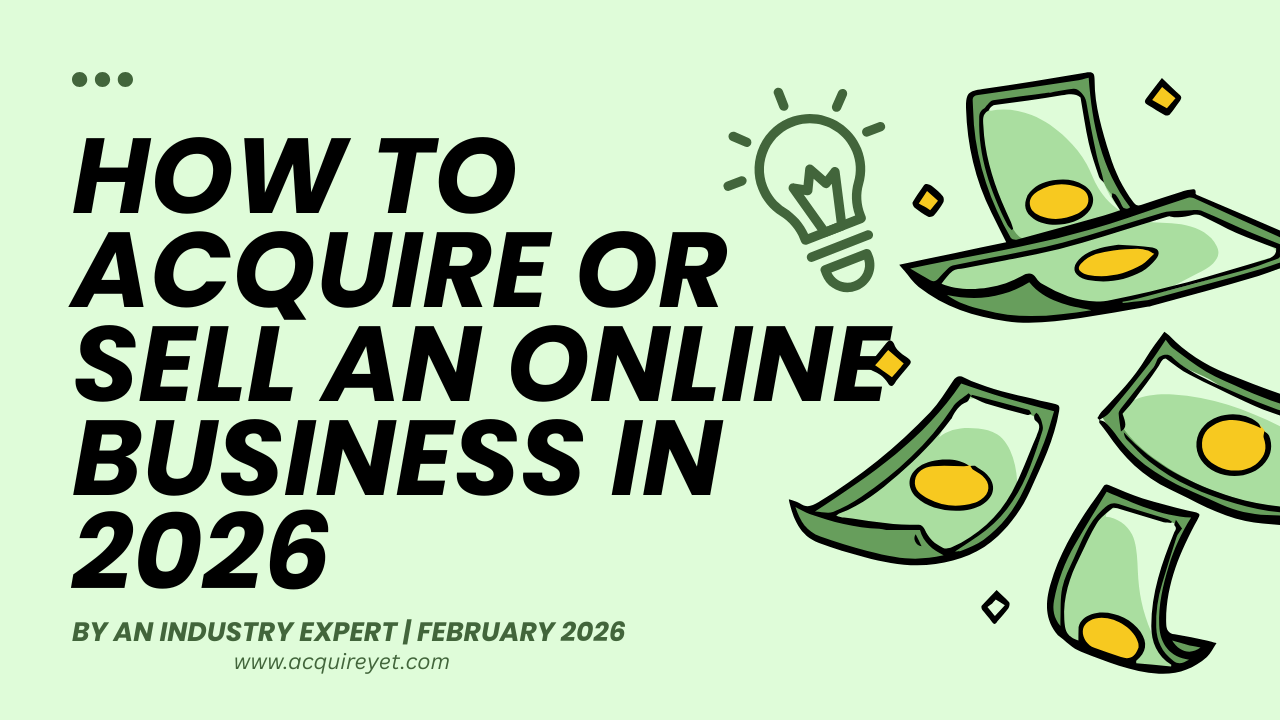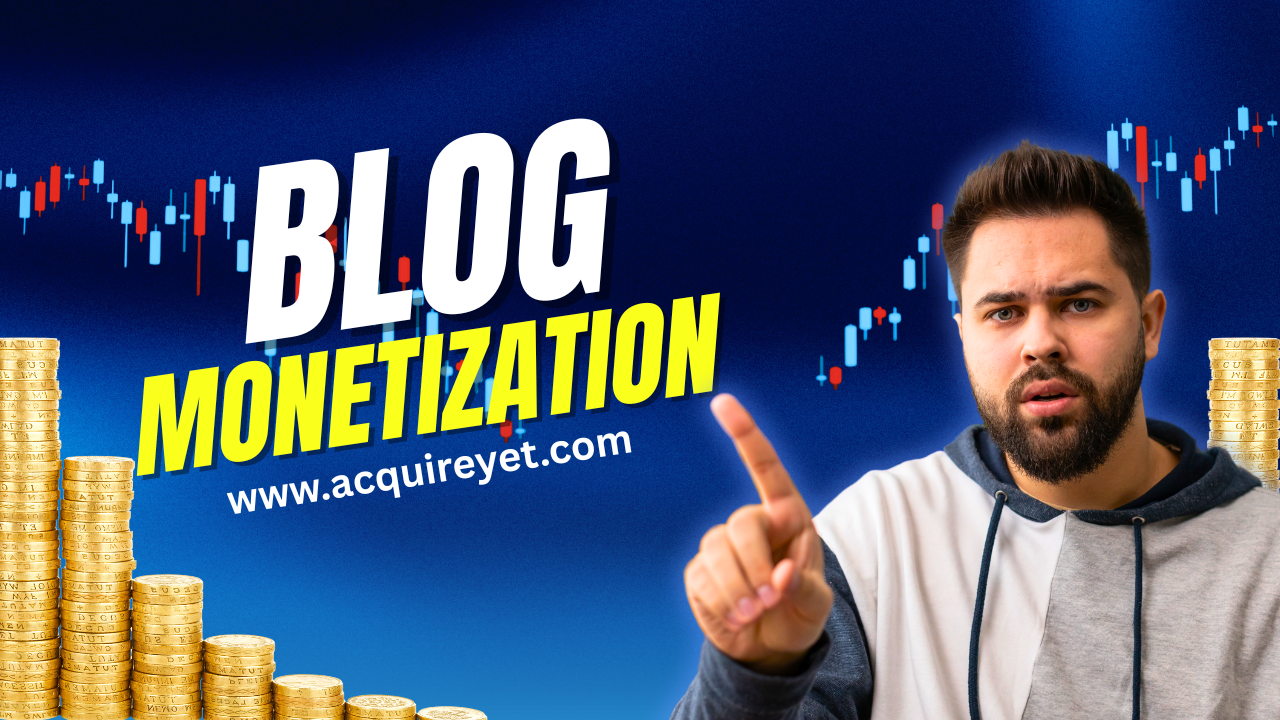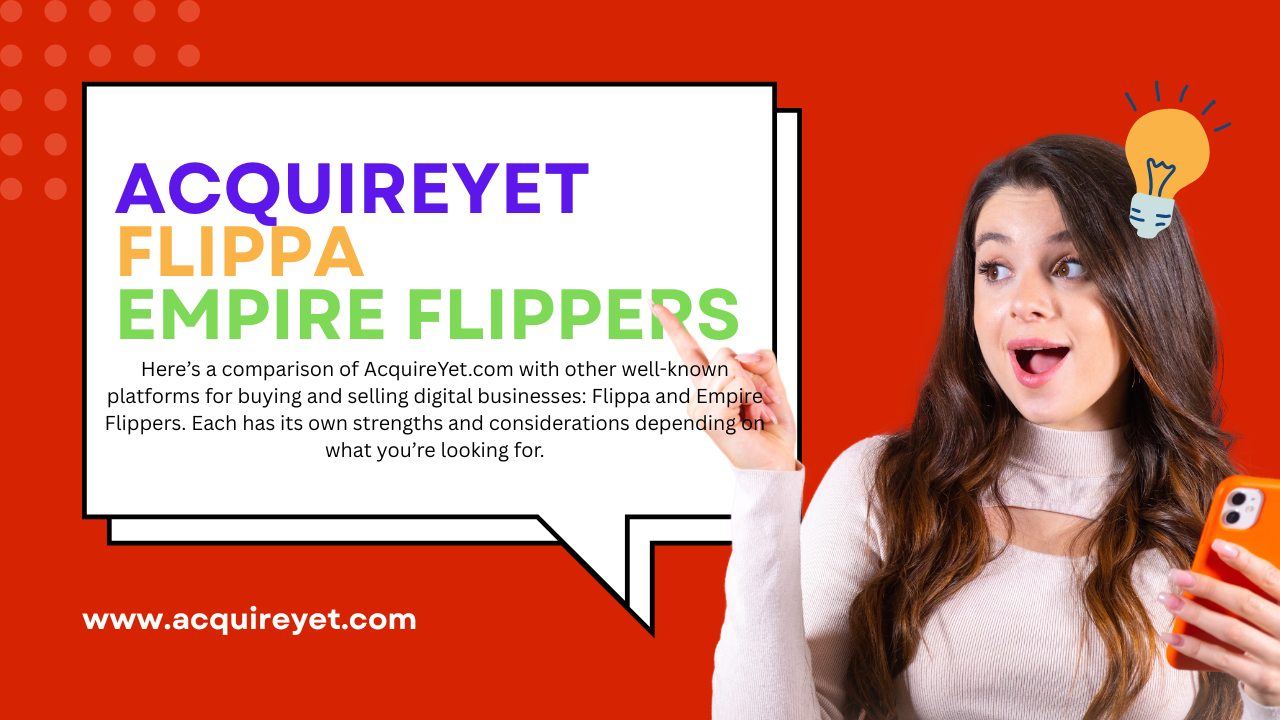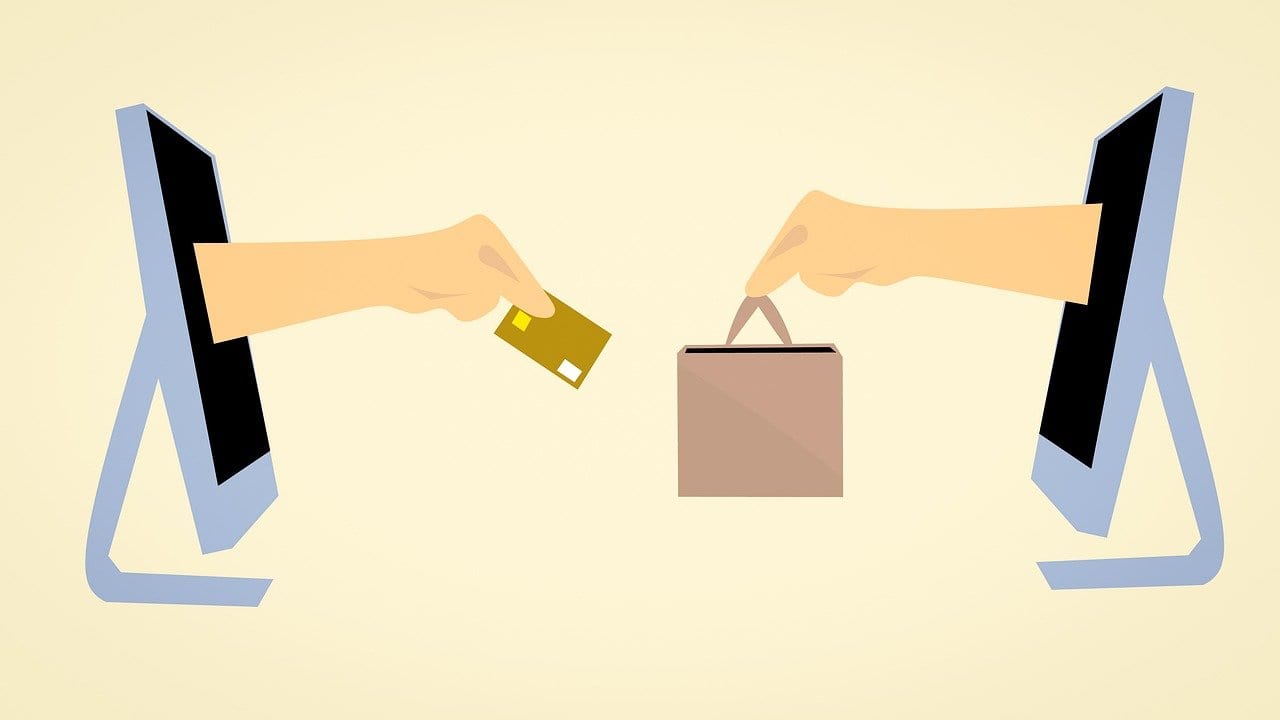The digital economy has fundamentally transformed how we think about valuable assets. From established ecommerce stores and SaaS applications to domain names and content websites, digital assets represent a trillion-dollar marketplace that continues to expand rapidly. Whether you're looking to acquire your next business venture or exit from a digital property you've built, understanding the specialized platforms that facilitate these transactions is crucial for success.
The landscape of digital asset marketplaces has evolved significantly over the past decade. What once required lengthy negotiations through traditional business brokers can now be accomplished through streamlined online platforms designed specifically for digital transactions. These specialized marketplaces have created efficient ecosystems where buyers and sellers can connect, evaluate opportunities, and complete deals with greater speed and transparency than ever before.
Understanding Digital Assets in Today's Market
Digital assets encompass a broad spectrum of online properties and businesses. This includes established ecommerce stores with proven revenue streams, Software-as-a-Service (SaaS) applications with recurring subscription models, content websites generating advertising revenue, mobile applications with active user bases, and even valuable domain names that represent premium digital real estate.
The appeal of digital assets lies in their scalability, relatively low overhead costs, and potential for passive income generation. Unlike traditional brick-and-mortar businesses, digital properties can often be operated remotely and scaled without proportional increases in operational complexity. This has attracted a growing community of investors, entrepreneurs, and even institutional buyers who recognize the value proposition these assets represent.
Major Platforms Leading the Digital Asset Space
Empire Flippers has established itself as one of the most reputable platforms in the digital asset space. Known for their rigorous vetting process, they focus on higher-value properties typically starting around $50,000. Their strength lies in thorough due diligence and a curated marketplace that attracts serious buyers with significant capital. The platform charges sellers a success fee but provides comprehensive support throughout the transaction process.
Flippa represents one of the largest and most accessible digital asset marketplaces. With a broader range of price points and asset types, Flippa accommodates everything from starter websites to established businesses. Their auction-style format creates competitive bidding environments, though this can sometimes lead to inflated expectations or unsuccessful sales. The platform's strength is its volume and variety, making it ideal for both first-time buyers and experienced investors.
acquireyet.com emerges as a modern solution specifically designed for ecommerce transactions. By focusing exclusively on online retail businesses, AcquireYet provides specialized tools and insights that general marketplaces might lack. This targeted approach attracts buyers specifically interested in ecommerce opportunities, potentially leading to more qualified leads and faster transactions for sellers in this niche.
FE International operates more like a traditional business brokerage but specializes exclusively in digital assets. They provide white-glove service for higher-value transactions, typically handling deals worth six figures or more. Their team includes experienced brokers who understand the nuances of digital business valuations and can guide both parties through complex negotiations.
Quiet Light offers a boutique approach to digital asset transactions, focusing on businesses that generate significant revenue. They're known for their detailed business analysis and personalized service, making them particularly attractive to sellers who want expert guidance through the exit process.
Specialized Niches Within Digital Asset Trading
Beyond general digital asset marketplaces, several platforms focus on specific types of digital properties. Sedo dominates the domain name trading space, facilitating millions of dollars in domain transactions annually. For mobile applications, platforms like AppBusinessBrokers specialize in iOS and Android app sales, understanding the unique metrics and valuation methods relevant to mobile properties.
Content creators and publishers often turn to platforms like Motion Invest for WordPress-based content sites, or Human Made for more complex content operations. These specialized platforms understand industry-specific metrics like traffic patterns, content quality assessments, and monetization strategies that general marketplaces might overlook.
The SaaS Marketplace Ecosystem
Software-as-a-Service businesses require specialized understanding of recurring revenue models, churn rates, and customer acquisition costs. MicroAcquire has carved out a significant niche in this space, focusing on smaller SaaS businesses and startup acquisitions. Their platform attracts both strategic acquirers looking for complementary technologies and investors seeking recurring revenue streams.
Acquire.com takes a different approach, positioning itself as a platform where founders can connect directly with potential acquirers, often facilitating larger strategic acquisitions rather than traditional investment purchases.
Factors to Consider When Choosing a Platform
Platform selection should align with your specific asset type, value range, and transaction preferences. Higher-value assets often benefit from platforms that provide broker support and extensive due diligence services, while smaller properties might be more suitable for self-service marketplaces with lower fee structures.
Consider the typical buyer demographic for each platform. Some attract primarily individual investors and entrepreneurs, while others focus on strategic acquirers or institutional buyers. The type of buyer can significantly impact both the sale price and the complexity of the transaction process.
Fee structures vary considerably across platforms. Some charge flat listing fees, others take percentage-based success fees, and many combine both approaches. Factor these costs into your decision-making process, particularly for lower-value assets where fees can represent a significant portion of the transaction value.
Due Diligence and Transaction Security
Reputable digital asset platforms provide various levels of transaction security and due diligence support. This might include financial verification services, technical asset reviews, traffic and revenue validation, and escrow services to protect both buyers and sellers during the transfer process.
The sophistication of these services often correlates with the platform's fee structure and target market. Higher-end platforms typically provide more comprehensive due diligence support, while budget-friendly options might require participants to handle more of the verification process independently.
Emerging Trends and Future Outlook
The digital asset marketplace continues to evolve rapidly. We're seeing increased institutional interest in digital properties, more sophisticated valuation methodologies, and the emergence of fractional ownership models for high-value digital assets.
Blockchain technology and NFTs have introduced entirely new categories of digital assets, though these markets remain highly speculative and volatile compared to traditional digital businesses. However, the underlying technology may eventually revolutionize how digital asset ownership and transfers are recorded and executed.
Making the Right Choice for Your Digital Asset Transaction
Success in digital asset transactions often comes down to choosing the right platform for your specific situation. Consider factors like your asset's value range, complexity, target buyer demographic, and your personal preference for hands-on versus full-service transaction support.
Whether you're a first-time seller looking to exit a side project or a seasoned investor building a portfolio of digital properties, understanding the strengths and specializations of different platforms will help you make informed decisions and achieve better outcomes in your digital asset transactions.
The digital asset marketplace represents one of the most dynamic and opportunity-rich sectors in today's economy, and choosing the right platform is your first step toward successful participation in this exciting space.



















